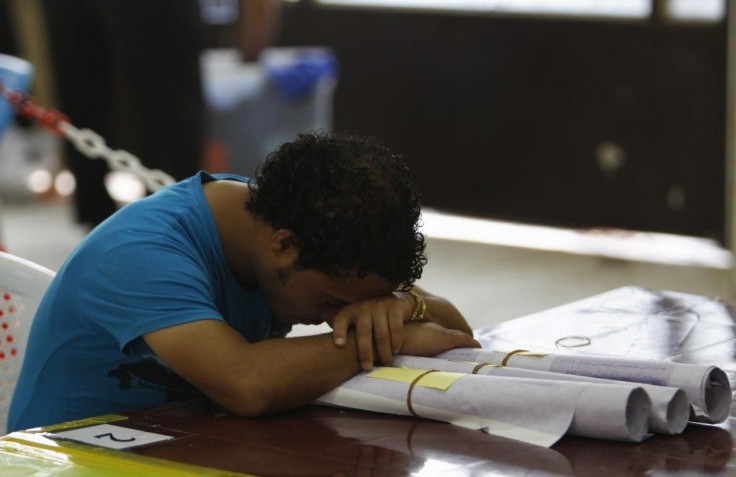Sleep Deprivation Among Teens Is The Main Cause of Low Academic Performance, Bad Behaviour And Lethargy, Finds Study
Adolescence Face a Clash Between Their Social and Biological Time

A new study has found that teenagers who are deprived of sleep feel lazy and irritated with their surroundings. The study has been conducted by Taylor & Francis and is published in the Journal of Learning, Media and Technology.
The study focuses on the negative impacts sleep deprivation could have on teenagers, and it also looks into the reasons behind the lack of sleep. The study authors state in their paper that most often the problem arises during adolescence as that is the time they feel a clash between their social and biological time. They are forced to make a choice between having to give up their sleep for their academics or sleep at the cost of their academics. The study stated that early school timings in the morning also contribute to sleep deprivation.
The team stated that the human biological clock is very different from the social and educational measure of time. Pointing towards the early years of education, the paper explained that more importance was given to the biological measure of time, and so students were healthier and could learn better. It also affected their mood.
The reason the researchers are stressing more on the early school timings and the need to change it for better teen health is because they state that during the period of adolescence the sleep-wake cycle changes. This cycle or the circadian rhythm is altered among teenagers. "Shifts in our body clocks push optimal sleep later into the evening, making it extremely difficult for most teenagers to fall asleep before 11.00pm," the paper stated.
As they sleep later than 11 in the night, waking up early for school would result in a lack of sleep. This affects the teen's mood and their ability to function normally. Since they are unable to concentrate and feel lethargic, this takes a toll on their academic performance as well, resulting in lower grades.
Pointing to a number of studies, they state in their paper that aligning the education time with a teen's biological clock benefits learning, mood and health. Most often, teens who wake up late are seen as lazy, but it is not laziness but a change in biological clock that causes them to stay in bed. The paper recommends all educational institutions to understand the need for sleep and change their timings for better performance among their students. In the U.S., the research points to initiatives such as the Start School Later campaign and the National Sleep Foundation that are pushing for changes that the research also suggests.





















